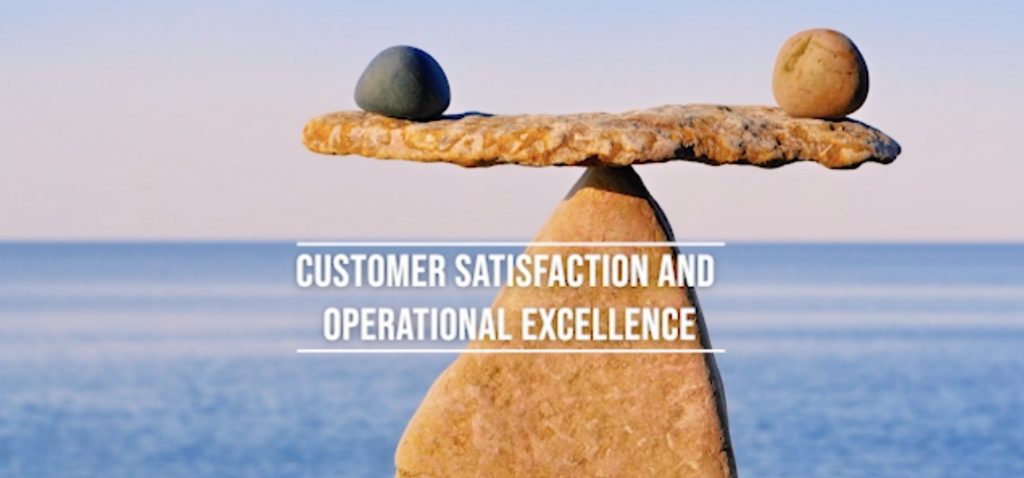If your solar lead enquiries have slowed down due to lockdown or a seasonal downturn, make the most of this opportunity to get your house in order.
Many solar and battery retailers have had busy times over the past year.
When the pressure’s on, your team probably had to work overtime to manage compliance paperwork and stay on top of job tracking.
For busy managers, even a small breather is a good time to regroup, review, take a retrospective and refine your processes.
With some states experiencing extended lockdowns and others seeing a noticeable lack of leads, what better time to reflect and rebuild?
Here are six questions to help solar professionals plan for profitability.
1. What has gone well…and what hasn’t?
By taking stock with your team of how the busy periods worked, there are always some great lessons…sometimes hard learnt!
- Did paperwork get missed resulting in bad feedback from customers?
- Did failed inspections result in callbacks and bad feedback for installers?
- What was the average time to turn a quote around for new prospects? Was it quick enough?
- Did we lose good team members because their work became too stressful?
Mostly these things fall short because processes are not in place to catch them.
2. Why take time out for a retrospective?
Pausing for a retrospective is an important management process used by many top companies. These are some of the great benefits:
- It builds cohesiveness in a team, some of whom may not work together often.
- It helps team members to understand the difficulties others face and see how their role may help alleviate those problems.
- It helps managers better understand the pain points their staff are facing and where attention needs to be focussed to improve the operation.
- It gives a space for everyone to consider what happens in the customers’ experience when things go wrong or when things are missed.
3. I made more sales, where are the profits!?!
Small, steady improvements in sales along with small, steady improvements in expenses can have a big impact on profitability.
BUT, simply cutting costs or even increasing sales does not necessarily mean increased profits.
When many installations are happening simultaneously there is more chance of errors and, if systems are not well defined and easy to follow, extra time is often spent on administration.
Profit is the result of operational efficiency.
Finding the right systems to support your business in the busiest time provides assurance that profits can be reaped.
Sustained profits are the result of operational efficiency combined with a positive customer experience.

So again, in the busiest time, the team needs to be focused on delivering the best value and ensuring the best experience for the customer, not focused on trying to keep on top of scattered data and ill-defined processes.
4. How do we maintain efficiency on the busiest day?
We know that when the phone is ringing red hot, when your team is demanding solutions, that there is little time to think about whether this process is as efficient as it could be.
So efficiency needs to be built into the tools you use.
A quoting platform must support a process that is easy to follow, repeatable and where steps are predefined for a simple workflow.
Much of that quoting process should be reusable and repeatable so that a designer or salesperson is not spending their time doing the same thing.
Email communication should be mainly scripted into templates so that important messages are conveyed every time and customers are well informed at each stage of the process.
Every job must be easily tracked, with every customer touchpoint recorded, every document stored safely, every handoff between staff members recorded.
The job of a manager is then to train one or more administrators to ensure these processes are followed.
5. How can we ensure our reputation is protected?
One of the best ways to protect the reputation of our business is by setting up processes that are standardised.
Keeping customer data safe and organised in a Customer Relationship Manager (CRM), ensuring records are accessible with minimal fuss and time spent.
Connecting all of your online platforms with an integration is easier than ever with CRM integrations and middleware like Zapier to make it a process that requires no coding.
In responding to enquiries from prospective customers, walk the line between automation and customisation.
If processes are well defined and have become automatic for your team, it’s much easier to focus on the customer!
6. Who do we want to team up with for quoting, design and install job processes?
Ok, we’re biased but we believe a CRM and design software partner should:
• Help track all your jobs all the way through the quoting, sales and installation process.
• Help you set up processes that are efficient, repeatable and assist team communication.
• Support you in using every product you want, however you want.
• Be independent and not treat you as the product.
• Be solar professionals with knowledge of modelling, compliance & best practice design.
• Help ensure your customer understand what they are buying.
• Help you maximise the chances of the best customer outcome.
• Keep reinvesting to give you the best design and operations tools possible.
That’s why we’re here and happy to help.
Learn more about the key features of SolarPlus here or by contacting us here. We’d love to be a part of your team!


